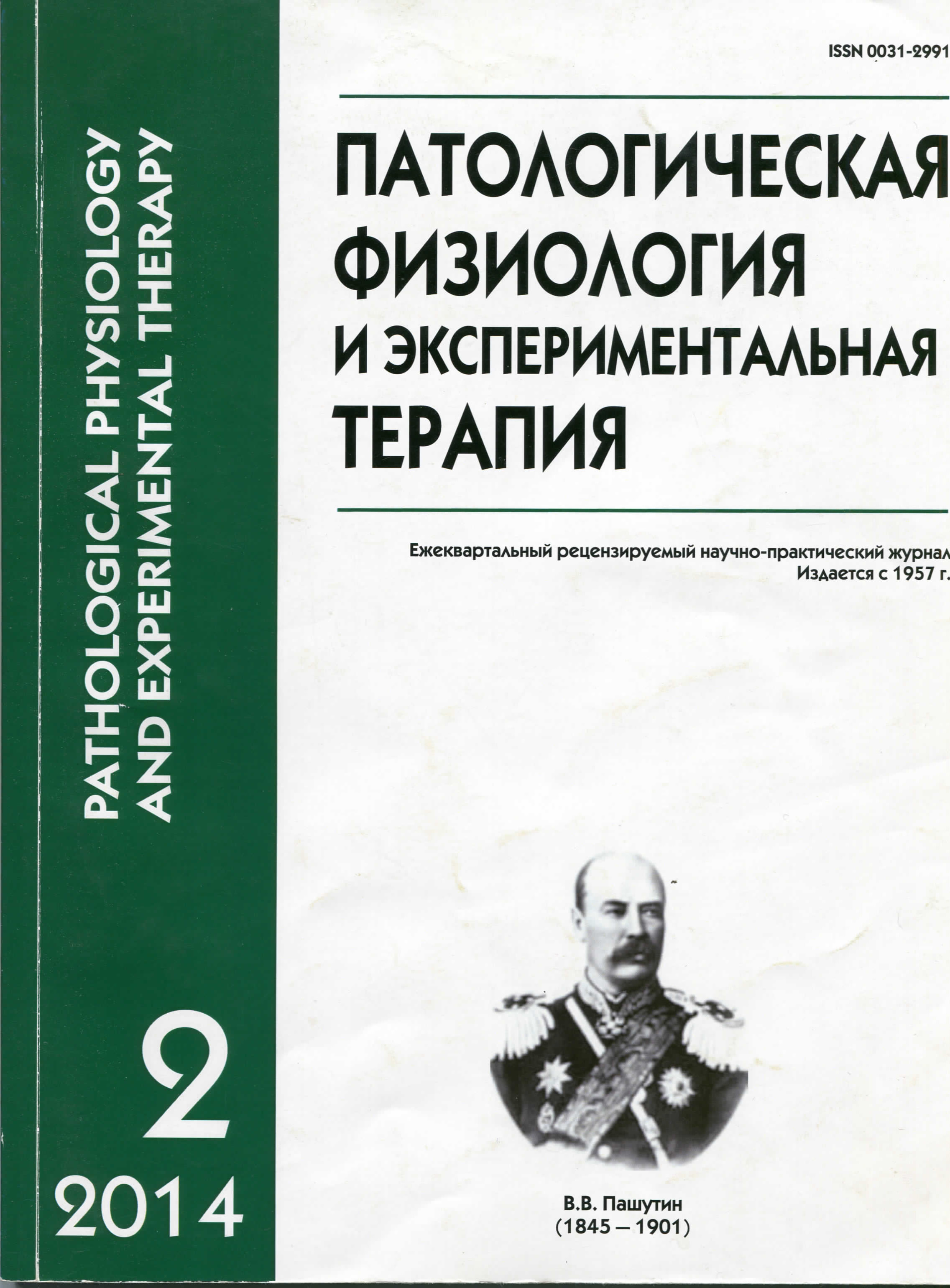The role of VEGF, HSP-70 and protein S-100B in the potentiation effect of the neuroprotective effect of hypercapnic hypoxia
Keywords:
hypoxia, hypercapnia hypercapnic hypoxia, VEGF, HSP-70, S-100B, neuroprotectionAbstract
Studied the role of VEGF, HSP-70 and S-100B in potentiating hypercapnia neuroprotective effect of hypoxia. Demonstrated that neuroprotective effects when exposed hypercapnic hypoxia-mediated protein synthesis increased S-100B, mainly due to the action of carbon dioxide, and not oxygen deficiency . Neuroprotective effects of HSP-70 due to hypoxia , but the combined effect of hypoxia and hypercapnia gives a significant increase in the synthesis of HSP-70 in comparison with the isolated effect of hypoxia . Vascularization activated equally as hypoxia and hypercapnia , without adding significant effects in combination. This suggests dominant effect hypercapnia , hypoxia compared in neuroprotection mechanisms related to protein S-100B, but not the protein VEGF, hypercapnia and potentiate the neuroprotective efficacy of hypoxia-related protein HSP-70.Downloads
Published
2014-06-12
Issue
Section
Original research
How to Cite
[1]
2014. The role of VEGF, HSP-70 and protein S-100B in the potentiation effect of the neuroprotective effect of hypercapnic hypoxia. Patologicheskaya Fiziologiya i Eksperimental’naya Terapiya (Pathological physiology and experimental therapy). 58, 2 (Jun. 2014), 24–27.






